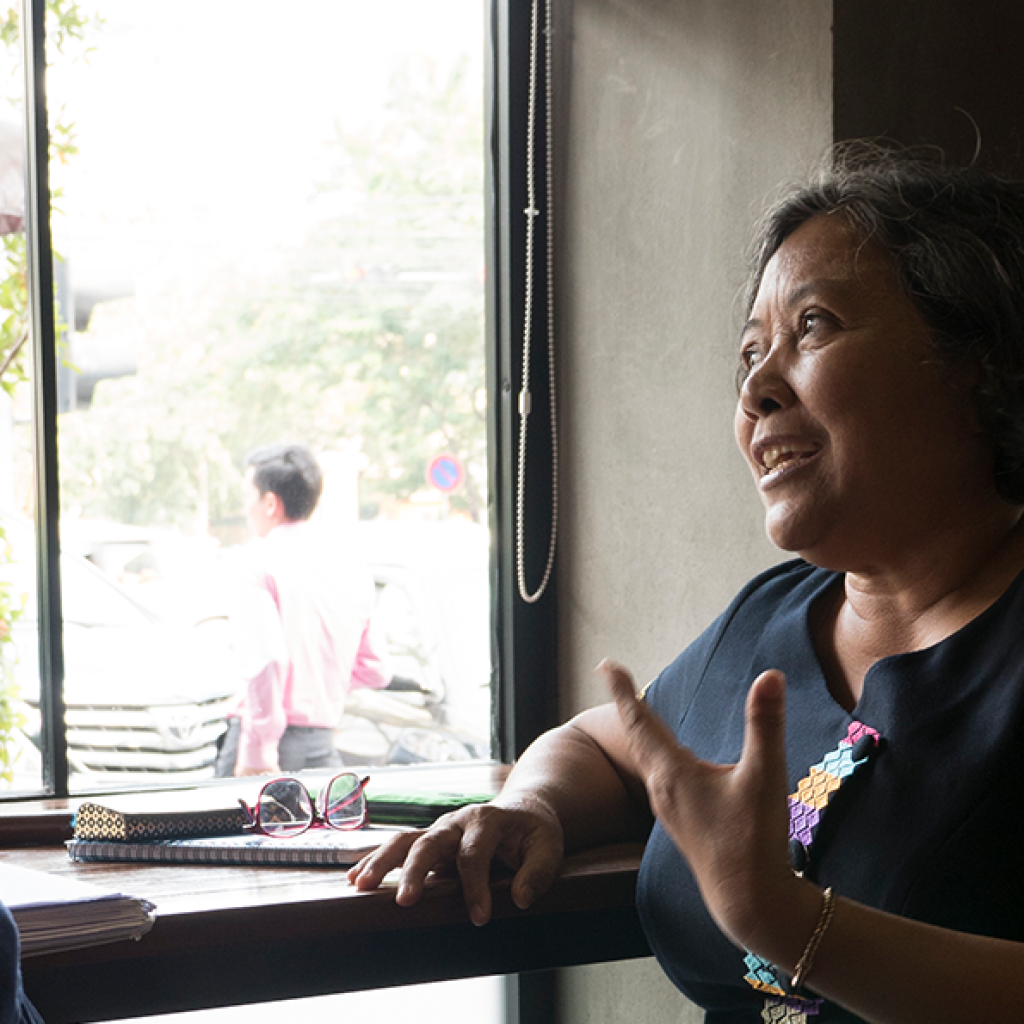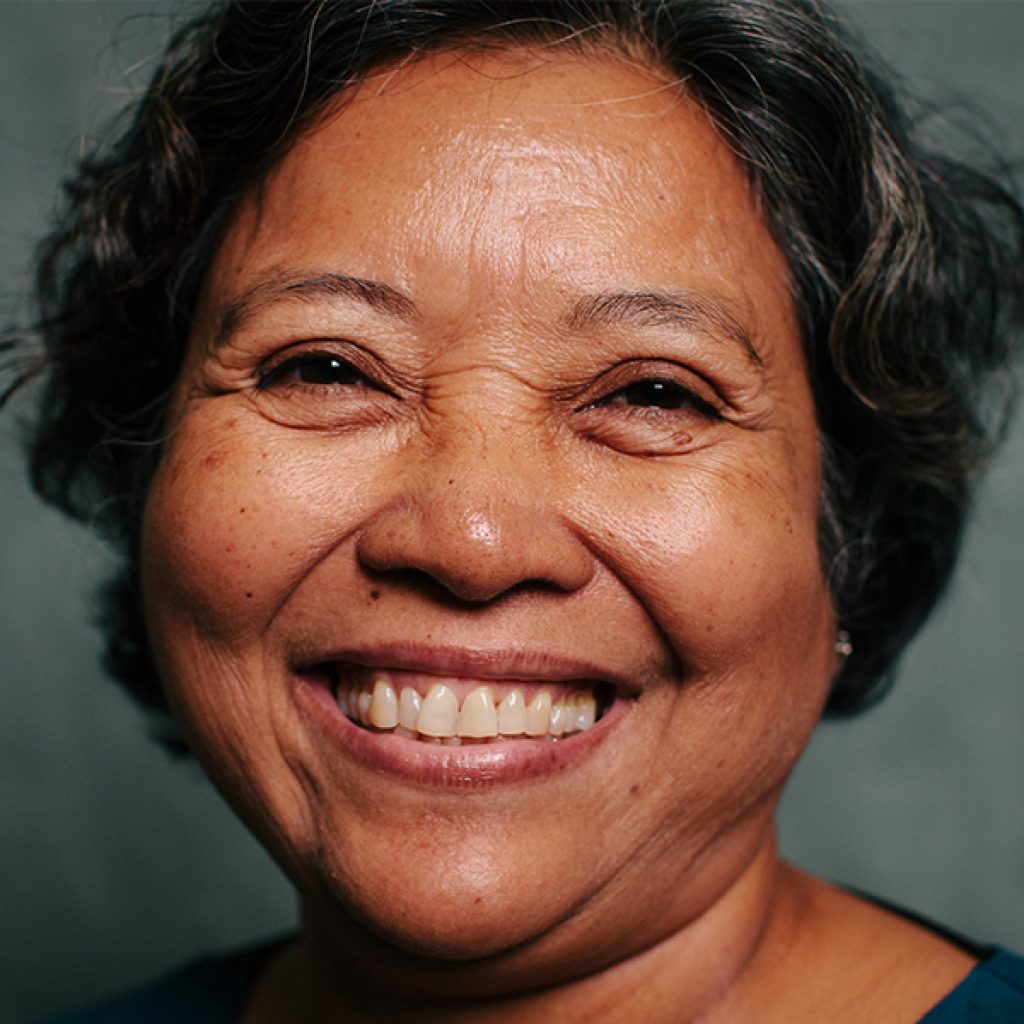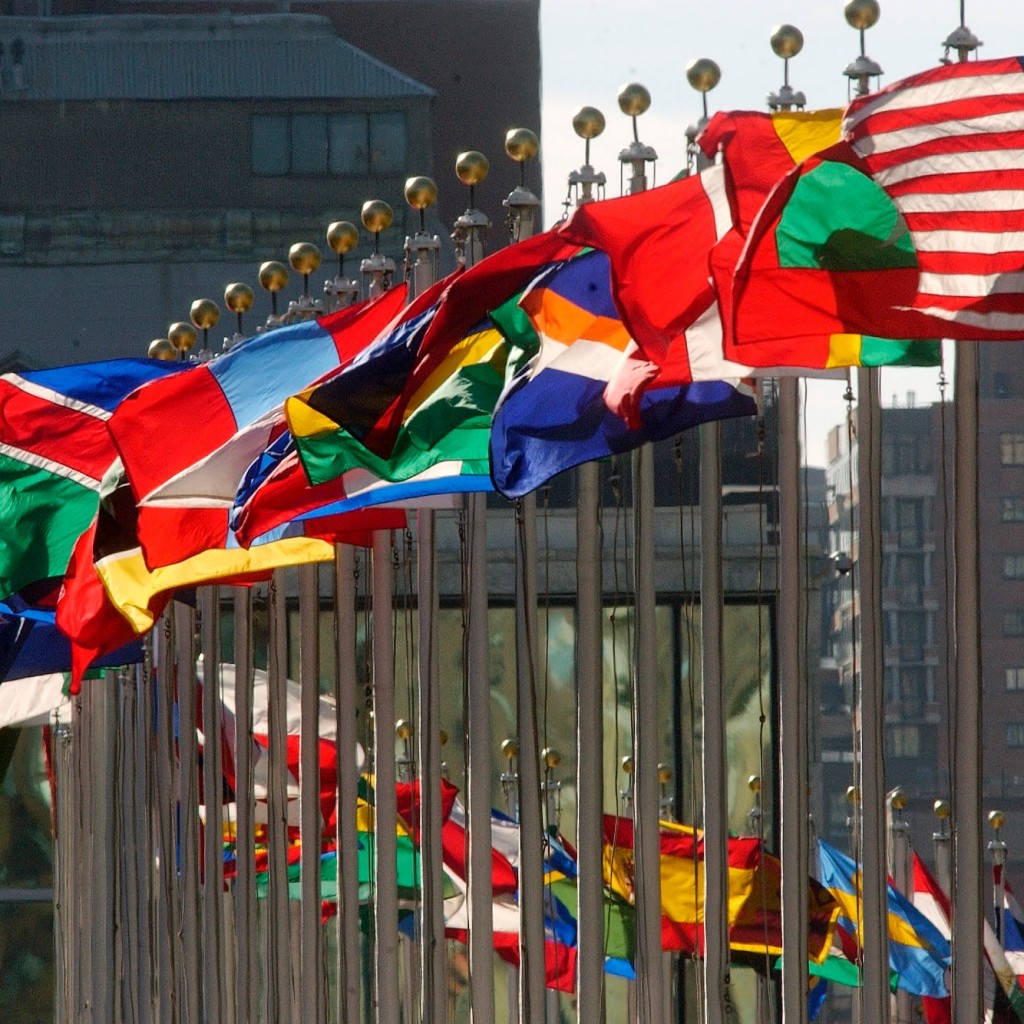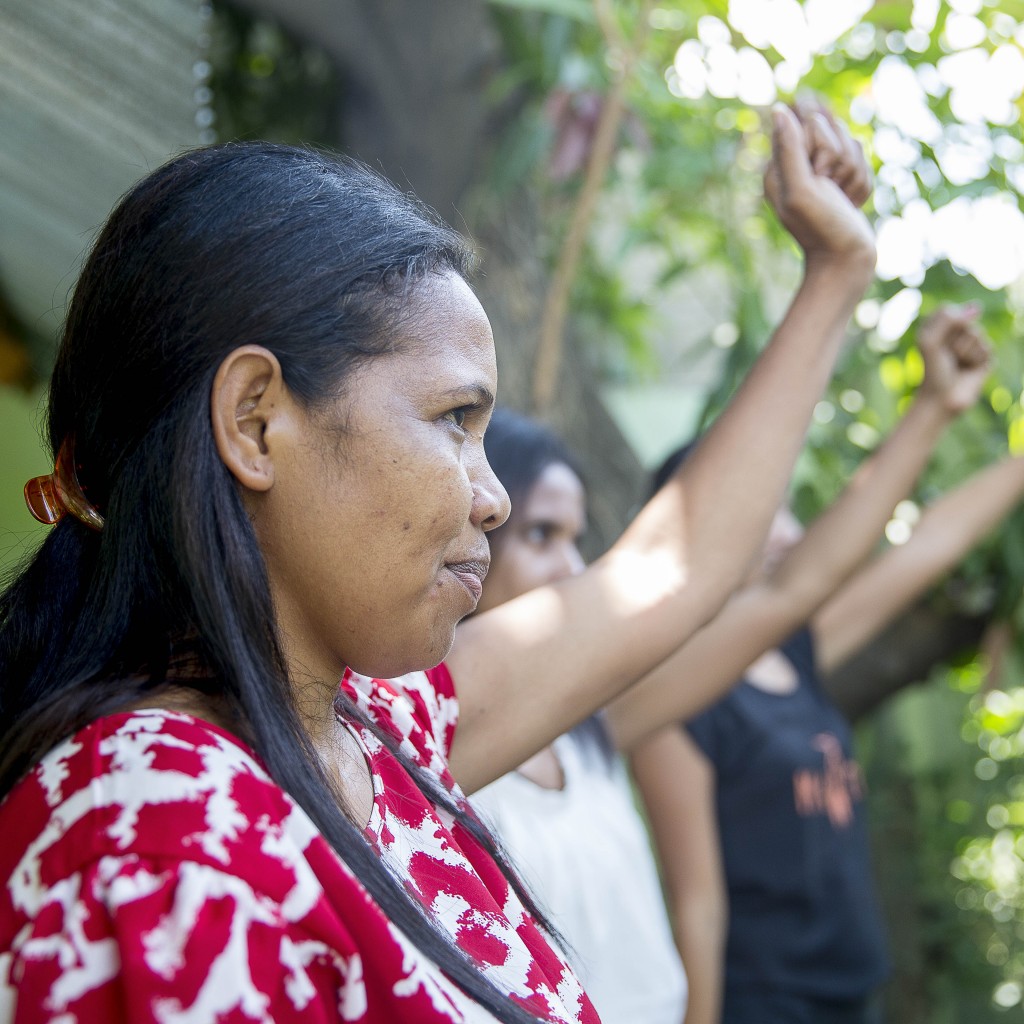
Meet the 16 women’s rights organisations that will benefit from WAVE
IWDA’s “Women’s Action for Voice and Empowerment (WAVE)” program will run over five years and partner with sixteen diverse organisations from countries and regions facing vastly different challenges.
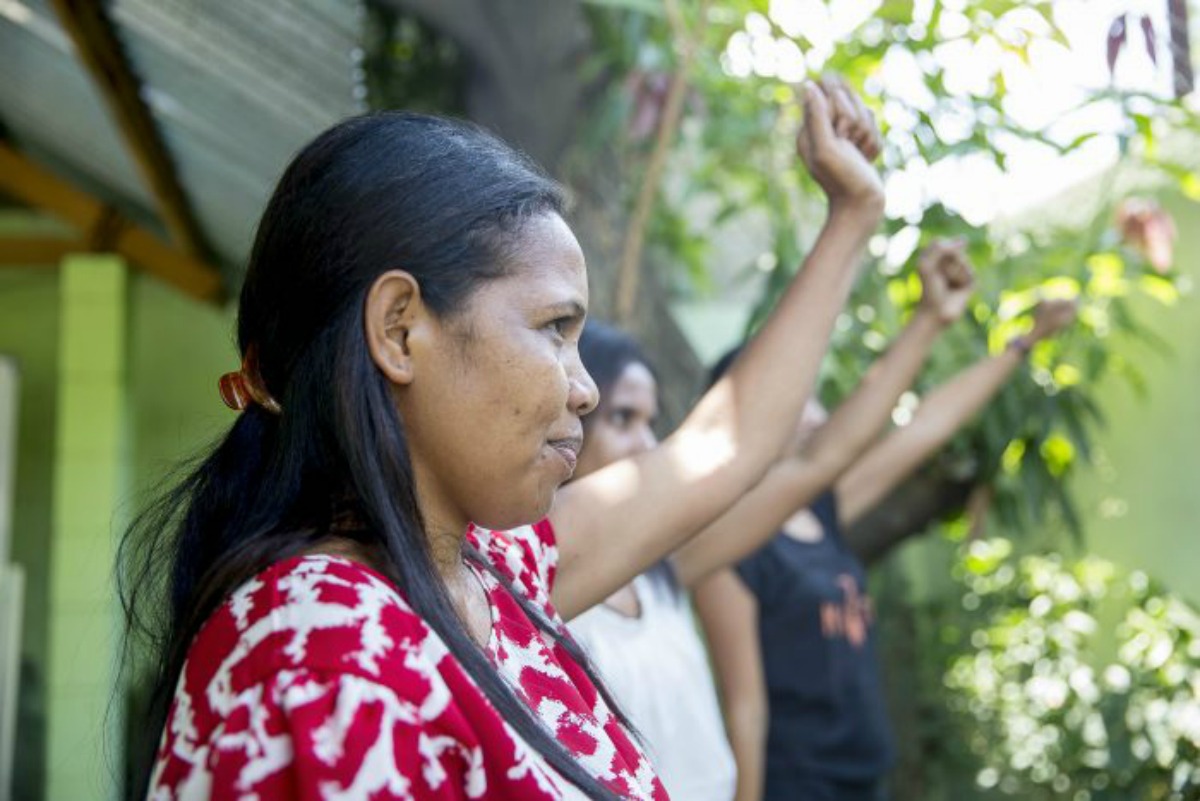
WAVE is a ground-breaking women’s leadership program that brings together and supports individual women, organisations, and movements in Asia and the Pacific region to increase the representation of women in diverse leadership positions.
In December 2015, IWDA was delighted to secure funding of €14.2 million from the Government of the Netherlands, Funding Leadership and Opportunities for Women (FLOW) program (2016-2020).
As a women’s rights organisation working across six countries in Asia Pacific, it is important to us to ensure those who benefit from the grant are as diverse as the many women we work with.
IWDA’s Women’s Action for Voice and Empowerment (WAVE) program will run over five years and partner with sixteen diverse organisations from countries and regions facing vastly different challenges.
Thai-Myanmar Border
- Karen Women’s Organisation (KWO) (based in Mae Sariang, operating in Mae Sot, Thailand and Karen state, Myanmar) is a community-based organisation of Karen women working to encourage an awareness of women’s rights and to promote women’s participation in community decision-making and political processes.
- Palaung Women’s Organisation (PWO) (based in Lashio, Shan state, Myanmar) works to raise and document human rights issues of the Palaung Women of Myanmar. They assist vulnerable women who have been trafficked or have experienced gender-based violence in the community through women’s crisis and resource centres. PWO also work with other women’s organisations to enhance women’s civil and political capacity and participation.
- Shan Women’s Action Network’s (SWAN) (based in Chiang Mai and Taunggyi, Shan State, operating in Taunggyi and cross border) mission is to work for gender equality and justice for Shan women in the struggle for social and political change in Myanmar through community based actions, research and advocacy.
- The Women’s League of Burma (WLB), (based in Chiang Mai and Yangon, operating Yangon and cross border) founded in 1948, is an umbrella organisation with 13 member organisations. This group collectively represents the interests of different ethnic groups of Myanmar, and works towards the empowerment and advancement of the status of women and their participation in all spheres of society.
- Akhaya, meaning ‘key role’ (based and operating in Yangon) is a local women’s organisation led by and for women. It supports empowerment through individual and experiential learning in small women’s groups to develop leadership skills.
Cambodia
- Amara supports elected women commune councillors and potential women candidates to be able to participate meaningfully in politics and public affairs.
- Banteay Srei, one of the leading women’s rights organisations in Cambodia, supports community based prevention and intervention of gender-based violence and promotes inclusion of women with disabilities.
- GADC Gender and Development Cambodia (GADC) conducts a community of practice that supports emerging women leaders from the government and community sectors to share information and experiences to promote solidarity, and personal and professional sharing. GADC plays an intermediary role between different levels of politics, ensuring information is adequately disseminated, and local needs are heard.
- The United Sisterhood alliance (Us) comprises of four separate institutions, of which IWDA partners with three: Workers Information Centre (WIC), Messenger Band, and Women’s Network for Unity (WNU).
- WIC works directly with women garment workers to build networks through provision of six drop-in centres and services.
- Messenger Band is a grassroots advocacy group that composes and performs original songs that reflect the current problems and situation faced by the working class and impoverished people of Cambodia.
- WNU’s mission is to strengthen sex workers membership and network to advocate for their greater participation in the development of program, policy and laws related to sex work that will give them greater access to social services, and freedom from violence and discrimination.
Papua New Guinea
- The Bougainville Women’s Federation (BWF) is an umbrella organisation that advocates for the women of post-conflict Bougainville by coordinating women’s groups, and a young women’s leadership program. Its coverage includes 13 district women’s federations and also sees them with representation at the Council of Elders and Area Assemblies levels. BWF engage in advocacy to ensure legislation, policies and programs being developed or amended by the Autonomous Govt. of Bougainville are sensitive to gender issues. BWF are positioned to become the statutory body for women if Bougainville gains independence from PNG in future.
- Voice for Change (VfC) focusses on promoting women’s economic empowerment, advocacy towards ending violence against women and girls, and working towards safer communities, to increase respect and protection of women in Papua New Guinea. It has built strong relationships with village elders, Local Level and Provincial Governments.
- Wide Bay Conservation Association works to increase women’s visibility and voices in awareness raising and decision-making about their natural resources and development practices, including relationships with Wide Bay Local Level Government, and historical influence in making Local Level Government plans gender sensitive.
Solomon Islands
- West ‘Are’Are Rokotanikeni Association (WARA) is an indigenous women’s savings organisation that is leading the way for women to manage their own finances, learn to budget for household items and save for their family’s futures.
- Women’s Rights Action Movement (WRAM) is an indigenous women’s rights organisation with a focus on lobbying for policy change on women’s rights and gender equality, including violence against women and women’s civil and political participation.
Timor-Leste
- Asisténsia Legál ba Feto no Labarik (ALFeLa) supports women and children in Timor-Leste to access a fair and formal justice system without discrimination through legal aid, legal education and advocacy.
- The Alola Foundation has grown to include a wider range of programs that assist the women and children of Timor-Leste, programs such as advocacy, economic empowerment, education and literacy, and maternal and child health. Alola’s outreach goes into rural areas that many other actors fail to reach.
We look forward to engaging with our partners as we address the factors perpetuating gender inequality in the Asia Pacific region.
